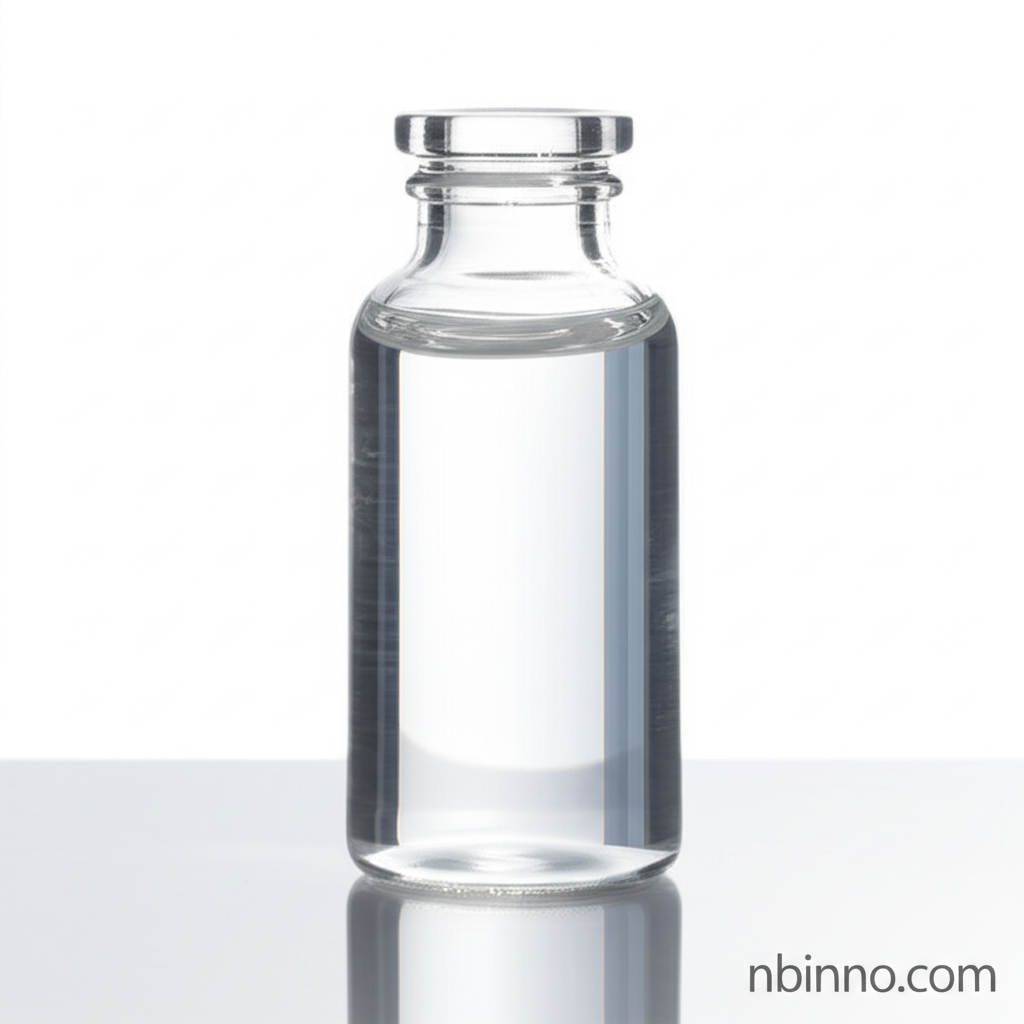Phenyl Acrylate: Properties, Applications, and Advantages in Specialty Polymers
Discover the unique benefits of phenyl acrylate for advanced material applications.
Get a Quote & SampleProduct Core Value

Phenyl Acrylate
Phenyl acrylate is an aromatic acrylate monomer that offers significant advantages due to its phenyl group. This structural feature contributes to enhanced UV absorption, increased rigidity, improved thermal stability, and greater hydrophobicity in various material applications. Its versatility makes it a key component in the development of high-performance polymers.
- Explore phenyl acrylate properties to understand its advantages in enhancing UV absorption and material rigidity.
- Understand phenyl acrylate applications in specialty polymer formulations for advanced material science.
- Discover how phenyl acrylate improves thermal stability and hydrophobicity in demanding environments.
- Learn about its use in coatings for superior chemical resistance and in adhesives for high-performance bonding.
Key Advantages
Enhanced Material Properties
Phenyl acrylate's aromatic structure boosts UV absorption and rigidity, leading to more durable and resilient materials, a key benefit when discussing specialty polymer formulations.
Improved Thermal Stability
Benefit from superior thermal stability, a crucial aspect for materials operating under elevated temperatures, contributing to longer service life and reliable performance in challenging conditions, as highlighted by its phenyl group.
Superior Chemical Resistance
Achieve excellent chemical resistance in your products, especially vital for coatings and resins, ensuring protection against degradation and maintaining integrity, a direct outcome of understanding phenyl acrylate applications.
Key Applications
Coatings
Phenyl acrylate enhances UV and chemical resistance in protective finishes, providing durability and longevity for various surfaces when used in specialty polymer formulations.
Adhesives
It offers excellent durability and adhesion in high-performance bonding systems, crucial for demanding assembly processes, leveraging its improved mechanical strength.
Optical Polymers
Contributes to a high refractive index in specialty lenses and films, making it ideal for advanced optical materials and devices.
Resins and Composites
Used in advanced polymer matrices to improve mechanical strength and thermal stability, vital for aerospace and automotive applications.
